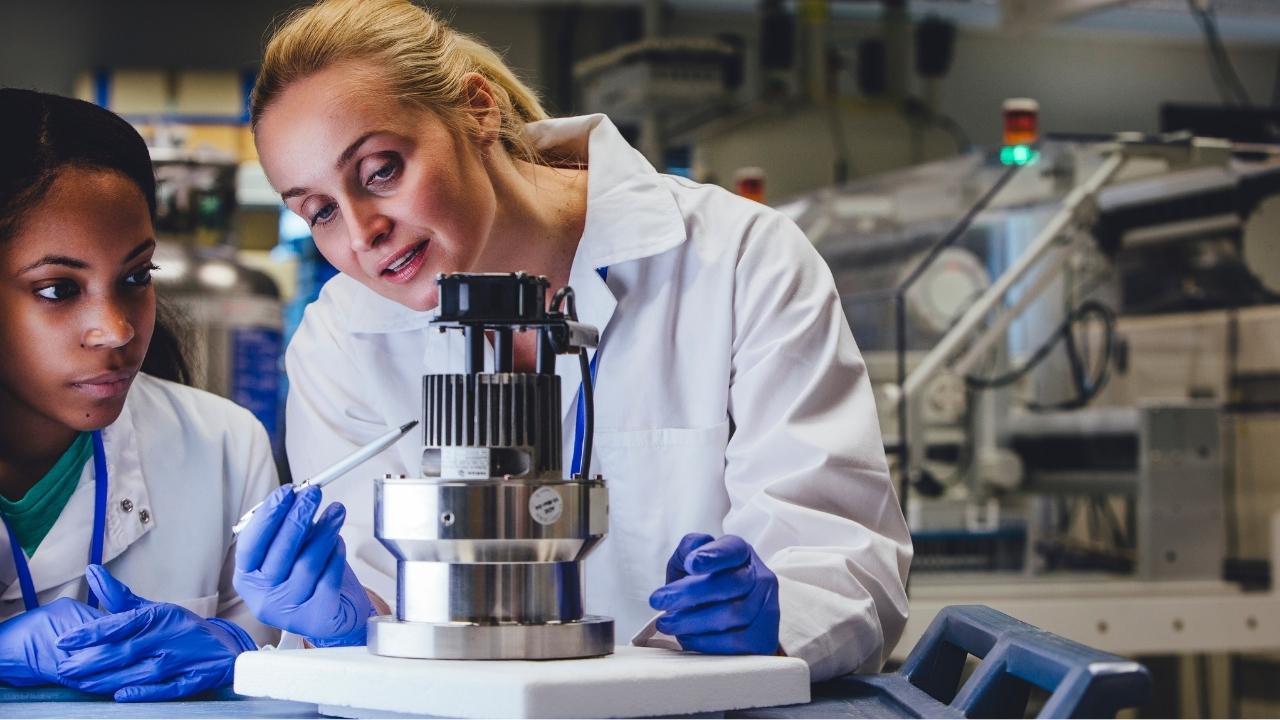Engineers can play a significant role in the development of medical technology. They have contributed tremendously to advancing various medical devices and technologies, such as biomechanics and tissue engineering. Biomedical engineers are an essential and core part of the healthcare system.
Hospitals, research labs and care centres constantly need their expertise to manufacture, maintain and innovate medical devices. Not only that, but the rules of Newtonian mechanics and material sciences can successfully be applied to biological processes and systems.
This applied science has brought about significant developments in prosthetics and orthotics and helped improve the lifestyles of many amputees and paraplegic people. So, if you’re not a mechanical engineer, you might want to go through specific online certification courses for mechanical engineers to brush up on the basics of mechanics.
Role of Engineers in Medical Technology
An engineer can take on a diverse range of roles and responsibilities in healthcare. From engineering for medical specialities such as cardiology, oncology and neurosurgery to disease prevention, diagnosis and treatment and engineering for allied health specialities to dental specialities, engineers are everywhere in healthcare. Check out certificate courses on medical technology if you’re interested in this area.
Below are a few broad areas in healthcare that are dependent on engineers to function smoothly:
Medical Equipment
This is a manufacturing area that is reliant on engineers. Biomedical engineers and medical technologists apply their expertise and conduct in-depth research to develop, design and manufacture a range of medical devices, from EEG MRI machines to prosthetics and pacemakers.
Engineers in healthcare are responsible for manufacturing these devices and innovating and solving problems at a progressively efficient rate. Without engineering expertise, the development from crutches to near-life-like prosthetic limbs wouldn’t have been possible.
Medical supplies
Engineers in healthcare are also responsible for researching medical supplies such as syringes, walkers and surgical instruments. The problem-solving skills of engineers to optimally manufacture these supplies, ensure quality audits and reduce costs with cutting-edge technology and waste reduction.
Healthcare systems
There’s an engineer where anything needs manufacturing, building and finding solutions. Engineers in healthcare are directly involved in medicine and the construction of healthcare facilities, designing cooling and thermodynamic systems, etc. They also ensure that industry standards and healthcare providers follow national regulations.
Biotechnology
Biomedical engineering is an exciting area where cutting-edge technologies like biomechanics for prosthetics and orthotics, tissue engineering for bioprinting and mechanobiology for effective drug delivery, sometimes using nanobots, are being developed and improved upon, we speak. This involves innovation, design, quality control and years of research conducted by dedicated biomedical engineers.
Pharmaceuticals
Pharmaceutical companies employ engineers to perfect the manufacturing process through machine repair and maintenance. They are also responsible for the operation, process design and quality control.
Health Informatics
Patient data piles up on healthcare records of hospitals and research labs every day. Data science is essential to maintain, store, and analyse this data. Proper information systems and predictive analysis are necessary to find technological solutions to human pathologies.











